Fuel Broadband Says ADSL is “more than sufficient” for Home Broadband
The newly rebranded Fuel Broadband (formerly Primus Saver) has, in a curious twist, defended their earlier decision to stop selling superfast “fibre broadband” (FTTC) packages by stating that a “high quality ADSL line is more than sufficient“.
Readers will recall that Fuel Broadband, which until today was still trading as Primus Saver, recently refreshed their standard broadband packages due to low demand and also withdrew their residential 38Mbps and 76Mbps superfast broadband (FTTC) options from sale (here and here).
At the time Primus suggested that the FTTC services could return if Ofcom reduced the wholesale pricing of related projects as part of their new margin squeeze test (here). But even if the regulators decision ends up being favourable then Primus Fuel has already indicated that its “fibre” packages probably still won’t return until early 2015.
But today the marketing boss of Fuel’s parent company, New Call Telecom, told Cable.co.uk, “Fibre is being mis-sold to residential customers. It’s not a requirement for straightforward things people do online. A high quality ADSL line is more than sufficient.” Naturally the boss of urban fibre optic provider Hyperoptic, Dana Tobak, has been quick to describe the remark as “ludicrous“, before adding that “the maximum download speeds you can get with ADSL2+ is 24Mbps, but residents rarely get this because the speeds are subject to peak-time slowdowns and distance.”
In fairness it’s true that you don’t need faster than 24Mbps for most things (note: we’re assuming Fuel meant ADSL2+ when they said “ADSL” and not the old 8Mbps ADSLMAX), such as emails and web browsing. But anybody hoping to take advantage of modern HD video streaming or IPTV services, which are rapidly growing in popularity, while still leaving some bandwidth spare to do other things may struggle (especially if you have a family).
Ideally we’ve long felt that 10Mbps should be a minimum, but expectations are rising and a single 4K video stream will require 15-20Mbps. Not to mention the new video game consoles pushing 50GB downloads. The world is changing and ADSL2+ can’t keep up, although the migration to faster connections will continue to be gradual; this reflects the leisurely pace of change that tends to affect everybody differently, not to mention the issue of availability that is slowly being addressed and yes, price also plays its part.
The other problem, which is easily the biggest issue, remains that ADSL speeds are incredibly variable. Nobody outside of a lab will ever get the top speed of 24Mbps in the UK (it’s theoretical for a reason) and many observers tend to agree that it’s better to promote such connections as having a maximum of 20Mbps, which is actually achievable. At this point we’ve already lost around 4Mbps to the real-world environment of interference / wiring and that’s best case.
At my own home we were very lucky because BT’s street cabinet, flanked in an almost intimidating fashion by one from Virgin Media, is practically slap bang outside our window (we chose this home partly because of that), although the old wiring and underground looping of copper cable from the other side of the street still means we only get around 16-17Mbps as an average. In my experience that’s pretty good for ADSL2+ and most people tend to get considerably lower, with urban performance of 7-12Mbps being quite common.
Ofcom’s own fixed line broadband speeds report similarly suggests that ADSL/ADSL2+ lines deliver a UK average of just 6.7Mbps, which will be especially slow in rural areas where longer pure copper lines are much more common. But this can and often is also a problem for urban areas too. Thankfully ISPs like Hyperoptic and Gigaclear, not to mention the Broadband Delivery UK scheme with BT that aims to make speeds of 24Mbps+ available to 95% of the UK by 2017, are slowing bringing about a radical change in performance.
The point we’re trying to make here is that Fuel/Primus’s lack of demand may not just be a matter of cost or need. Granted if you make anything ultra-cheap then it will surely become more attractive, but that may not be the whole issue. Consider that BT’s consumer division has seen strong FTTC uptake, while their arch rivals at TalkTalk and Sky Broadband have reported a much more modest pace of adoption. BT’s offer of free BTSport TV content may be playing a part, but that’s not the whole story.
Perhaps one of the biggest reasons why BT is seeing strong demand stems from all the indirect advertising they gain through being associated with BDUK’s national state-aid fuelled broadband contracts. People are thus far more likely to associate BT with “superfast” and “fibre broadband” in their areas than many of their rivals, especially the smallest players, regardless of whether or not rivals might offer something more attractive.
In this aggressively competitive market you sometimes have to do more than merely offer a good price in order to succeed.
Mark is a professional technology writer, IT consultant and computer engineer from Dorset (England), he also founded ISPreview in 1999 and enjoys analysing the latest telecoms and broadband developments. Find me on X (Twitter), Mastodon, Facebook and Linkedin.
« UPD Virgin Media Stokes Feud with BT and Sky Over Premier League TV Costs
Latest UK ISP News
- FTTP (5570)
- BT (3525)
- Politics (2548)
- Openreach (2308)
- Business (2278)
- Building Digital UK (2250)
- FTTC (2049)
- Mobile Broadband (1985)
- Statistics (1796)
- 4G (1675)
- Virgin Media (1633)
- Ofcom Regulation (1472)
- Fibre Optic (1405)
- Wireless Internet (1398)
- FTTH (1382)
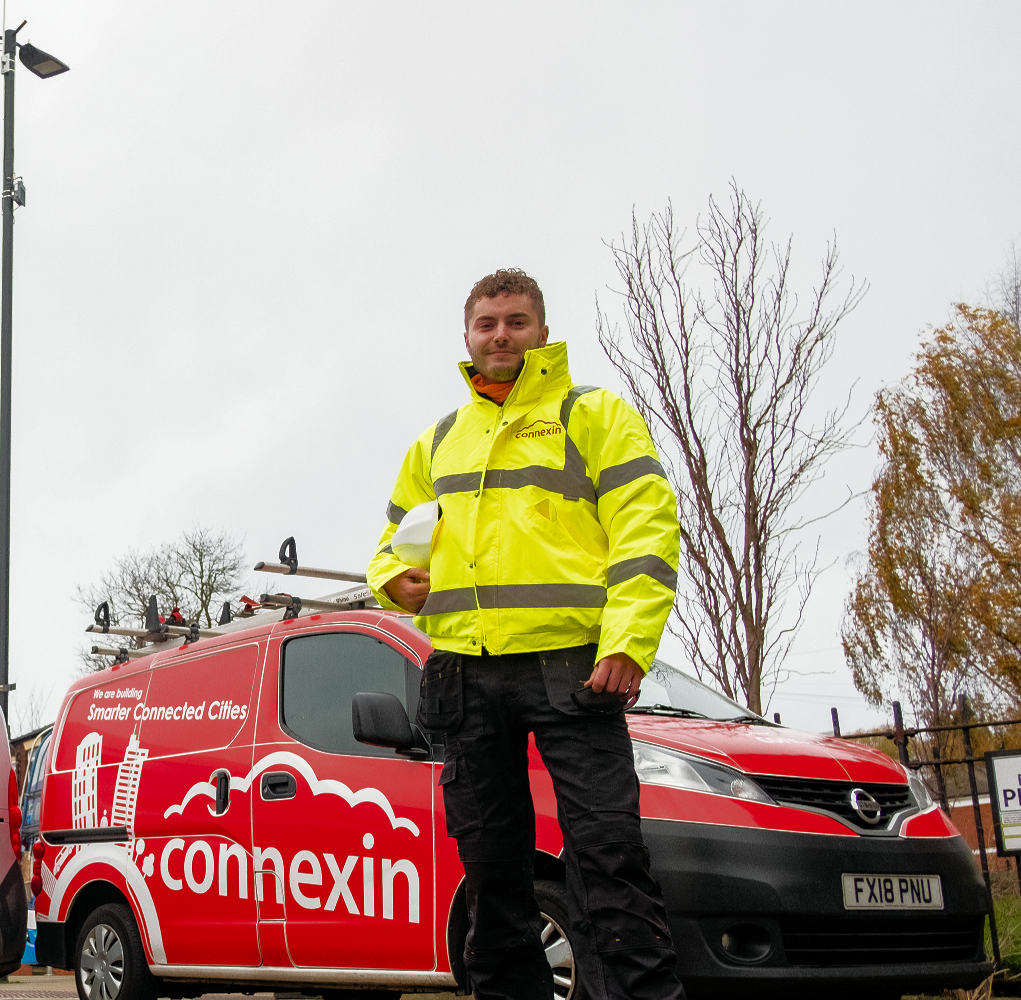
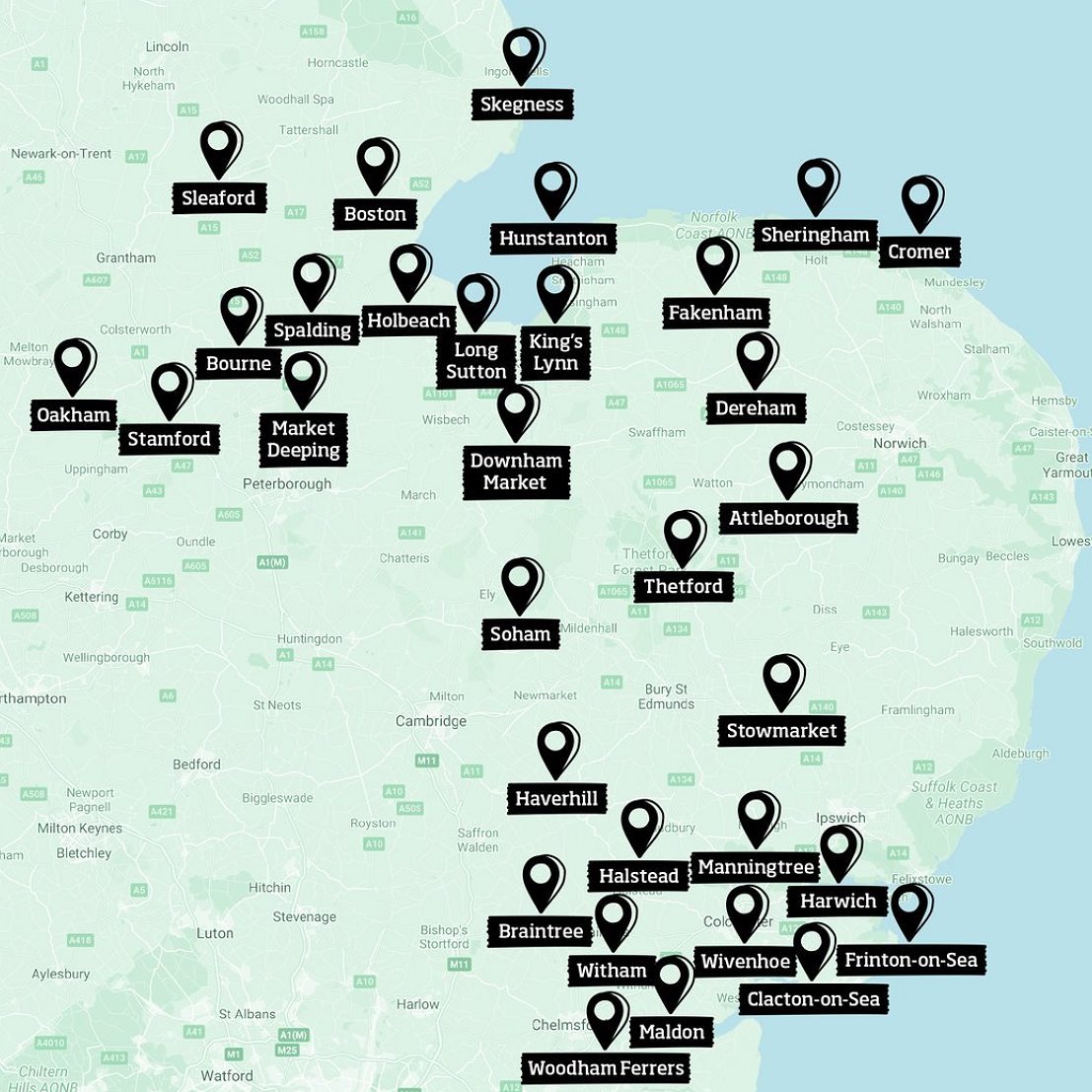
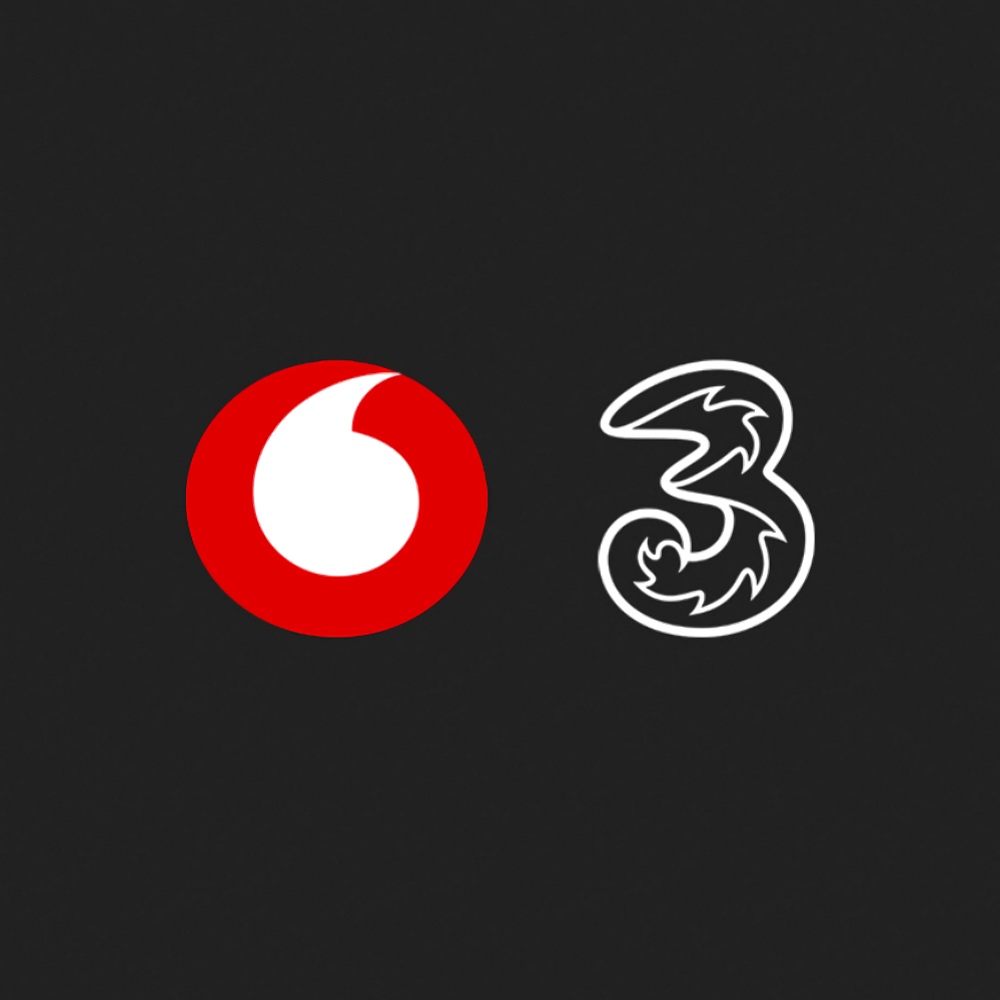

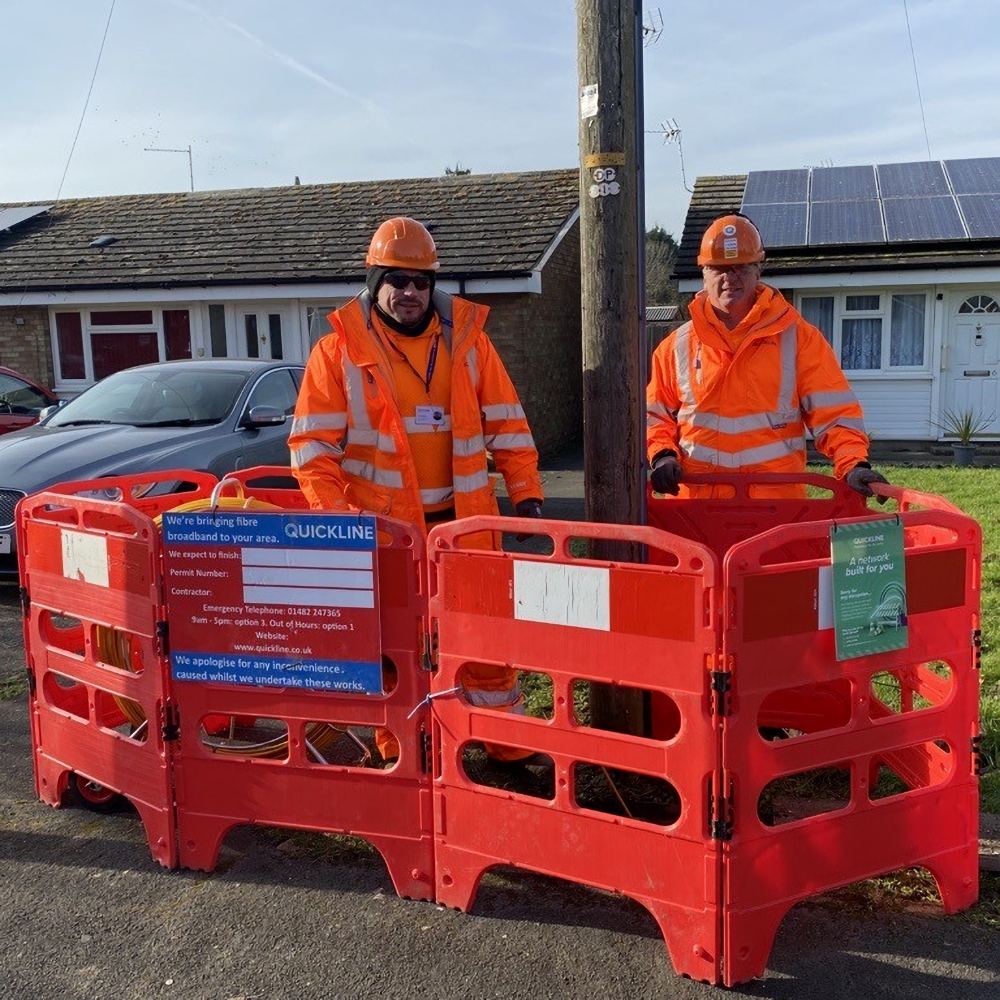

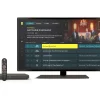
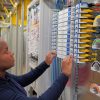









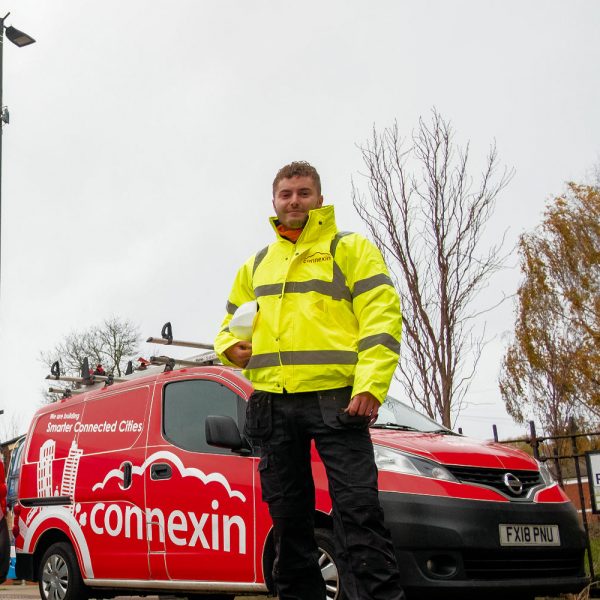
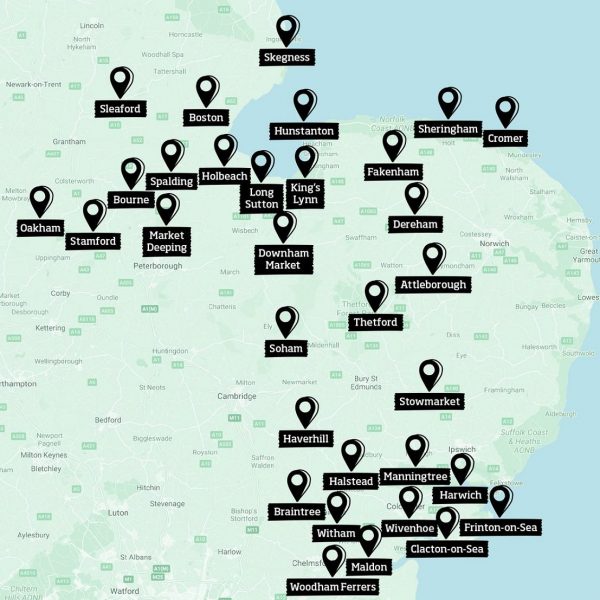
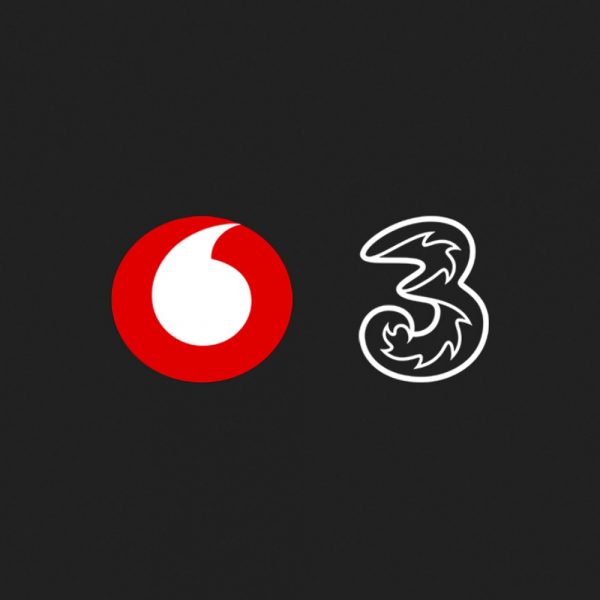

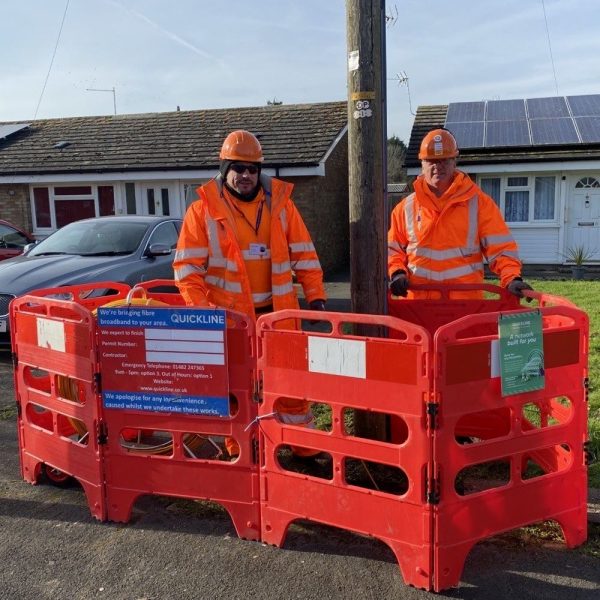































Comments are closed